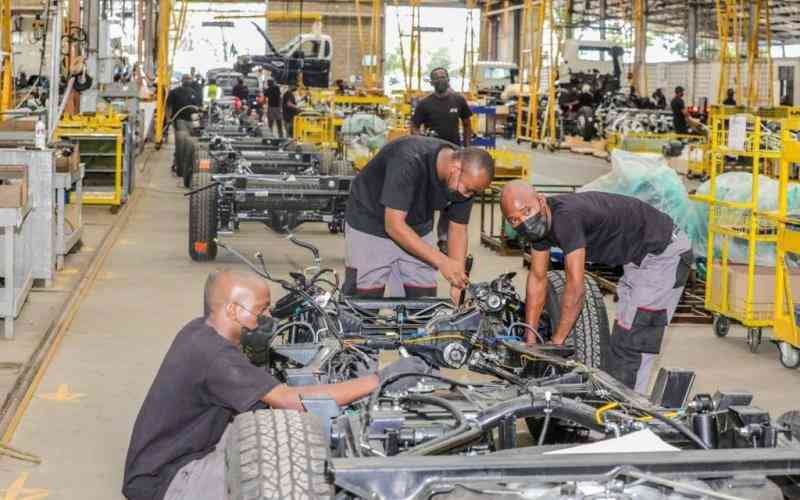×
The Standard e-Paper
Join Thousands Daily

A five-year tax moratorium for small and medium enterprises (SMEs) is one of the new proposals that manufacturers are fronting to the government.
This, they argue, will save small businesses from heavy operating costs.







